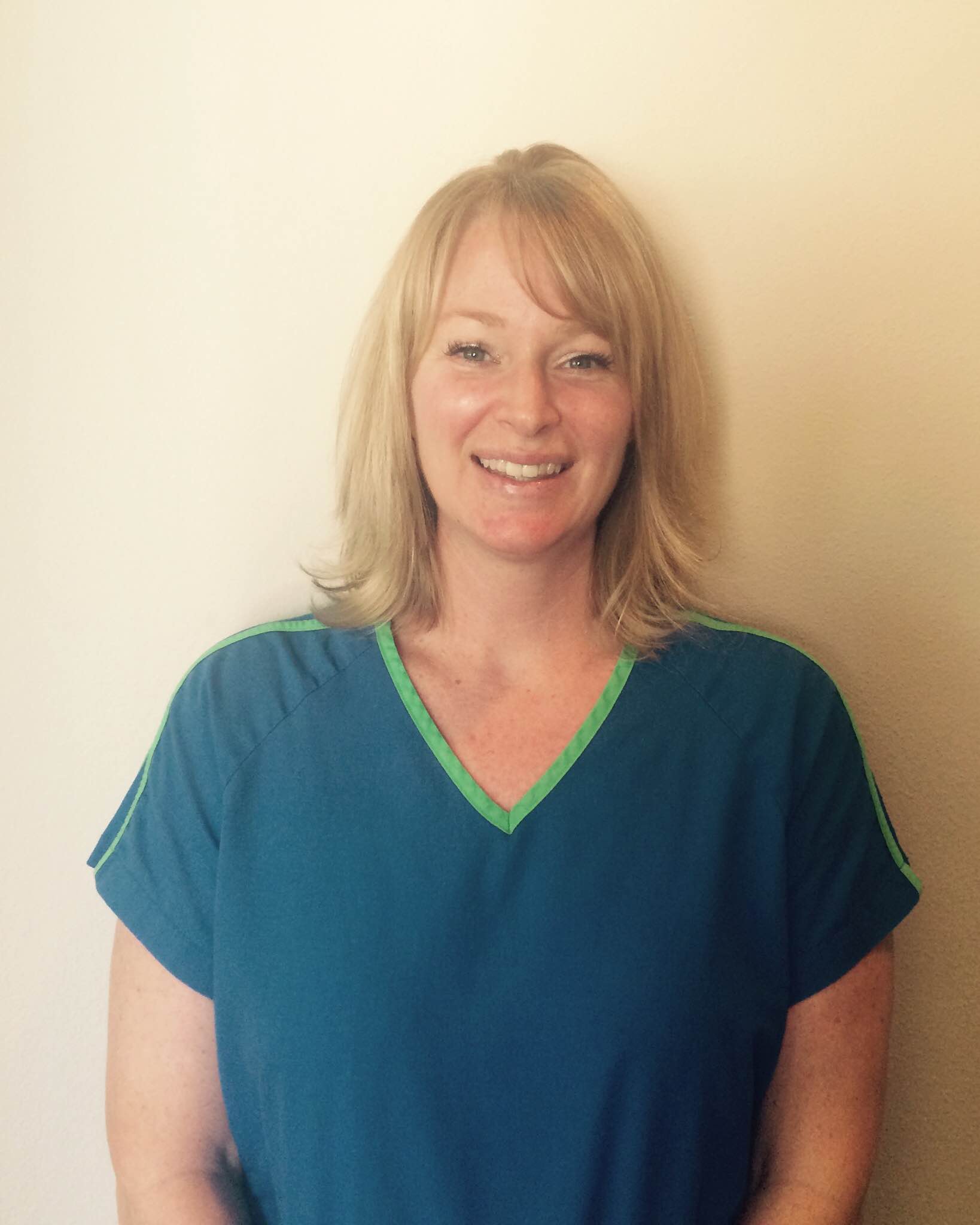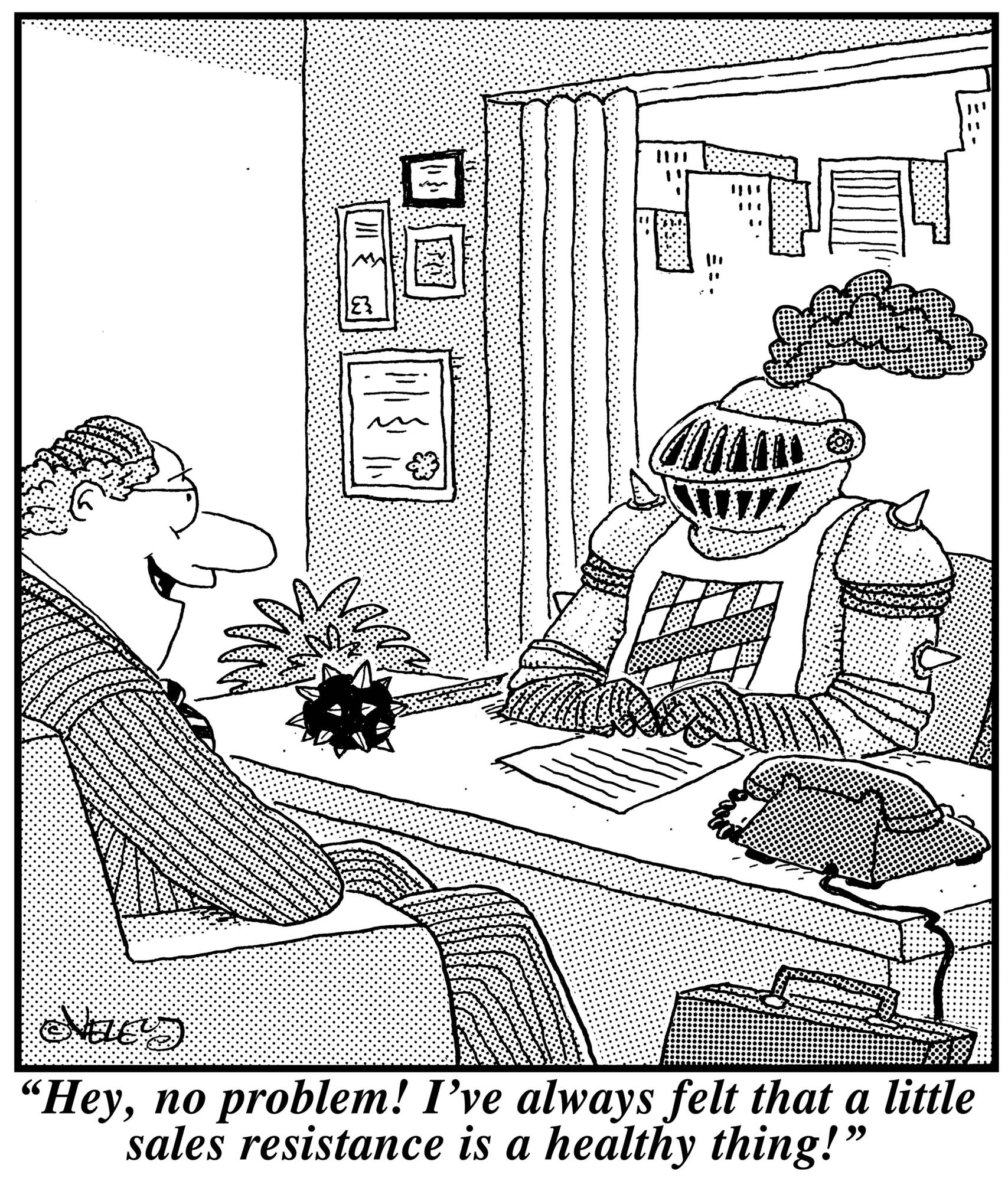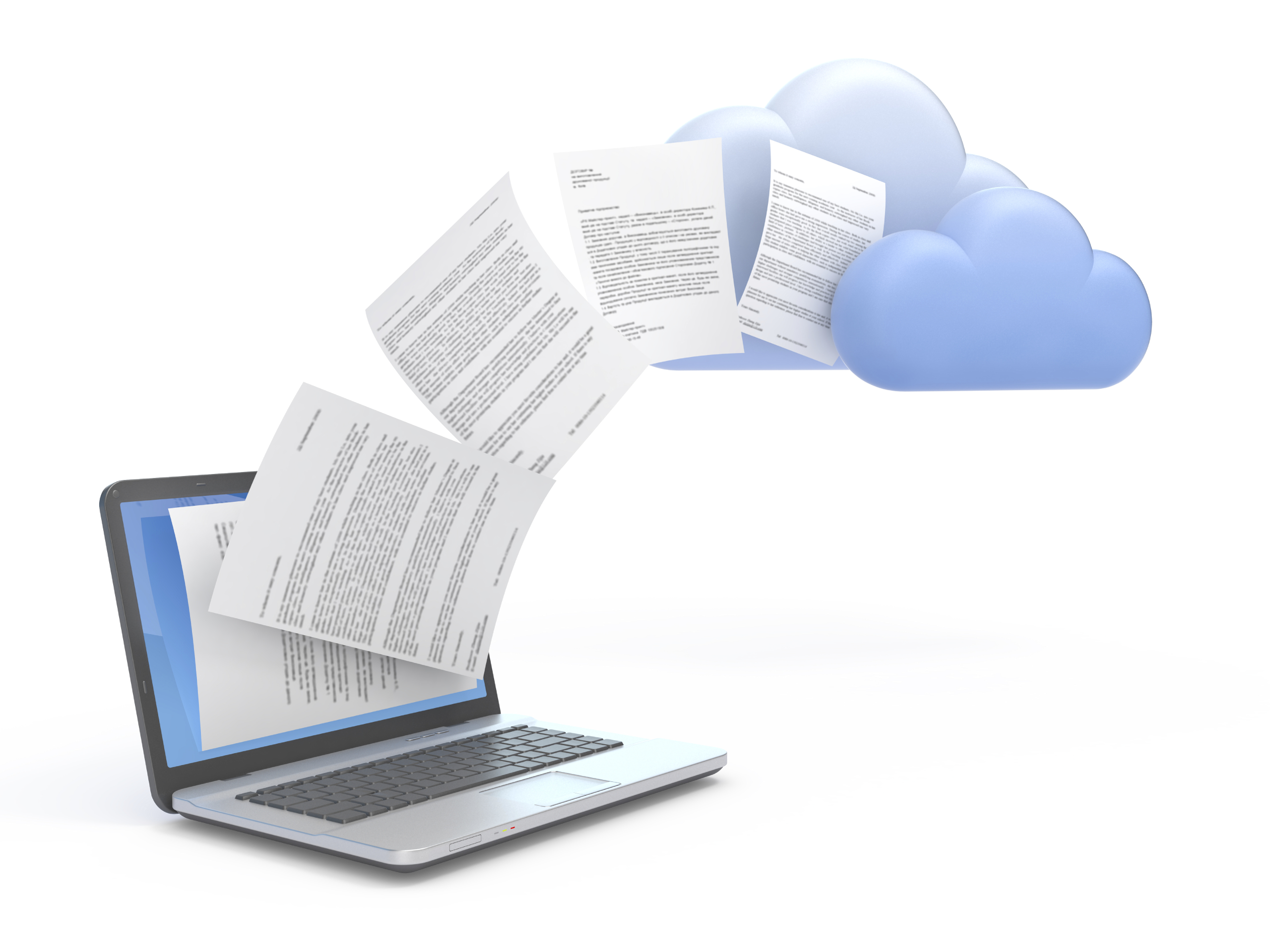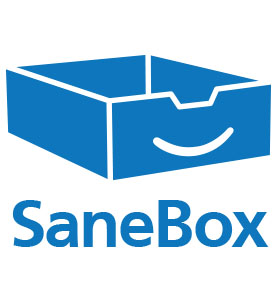May 2015 Newsletter

Who Else Wants To Win A $25 Gift Card?

The Grand-Prize Winner of last month’s Trivia Challenge Quiz is Amy Brown from Up & Open Imaging! She was the first person to correctly answer my quiz question from last month: One famous April Fool’s Day hoax occurred in the 1957 when the BBC aired a curious story that tricked quite a few viewers into believing they could grow what? The correct answer was c) Spaghetti Trees.
Now, here’s this month’s trivia question. The winner will receive a $25 Gift Card!
What is a petaflop?
A) your dog after a long walk B) the latest toy for kids C) a measure of a computer’s processing speed expressed as: a quadrillion (thousand trillion) floating point operations per second (FLOPS)
Call us right now with your answer!
214-329-1349.
*Trivia winners are eligible to win again after 90 days of previous win.

Do I need to back up data that’s already in the Cloud?

The computing world is forever changing. Over the last 15 years, SaaS (software as a service) providers have offered the convenience of data backup for your cloud applications such as CRM systems, SalesForce, Google Apps and Microsoft 365. The business question is, if I’m already working with a SaaS provider and my data is already “in” the cloud, do I really need to back up my data to another cloud? After all, isn’t the SaaS provider doing that for me?
Well yes, and no. Yes, your data (one of your company’s most valuable assets) is being backed up by the service provider. And yes, it’s in the cloud. And yes, these providers have backups to their backups…but are they backing up your business-critical information? Can you guarantee that? And do you have access to it in a timely manner? The answer to these questions may be no. As a rule, SaaS providers do not open backups to customers nor do they make restoring critical data easy or intuitive. For example, SalesForce, the first commercially available SaaS application, does nightly customer backups. But if you need to recover your data, you have to go directly to SalesForce and pay a minimum of $10,000 then wait a few weeks for your data to be restored.
There’s no question that the results of data loss can be devastating to your company. But when it comes down to it, it’s your company information and you need to take responsibility for safeguarding it. You need to have a strategy in place.
Want to learn more about how to back up your cloud SAAS applications? Contact our office at 214-329-1349 or via e-mail at info@rangersolutions.com to schedule a time to discuss your particular situation and what solutions are available to you.
Is Google the computer from Star Trek?
If you’ve ever seen a Star Trek episode, you’ll know that “computer” always knew the answer to whatever the commander needed to know to run the starship, do battles with aliens and it even made tea…Earl Grey…hot. In business today, Google has taken on the role of answering questions and providing information. In fact, the company name has become a verb in our language and you can google just about anything on this easy-to-use search engine.
“Computer” gave you one answer, Google gives you many. But there’s an easy way to limit the responses and that’s by the way you search. If you only want to see responses on exactly what you’re searching for, then type the minus sign at the end of your search. Another way to limit your responses is to take advantage of Google’s specialized search sites, for example Google’s Public Data Explorer. This site allows you to search specifically on public statistics.
The Star Trek computer spoke every language. Google speaks 80. You can ask Google to translate a single word by typing “translate (word) to (language)” into the search bar and you’ll get the translated word. There’s also a Google application called Google Translate where you can type, speak or handwrite the phrase into your device – you can even take a picture of a sign or other text. Then it’s your choice to have Google speak the translated phrase or display it for you. Need an easy-to-use price-comparison site for business travel? Try Google Flight Search. Pick your start point and destination - or destinations - on the map, and then pick your dates. When you pick the dates, be sure to pay attention to the prices on each date and Google's graph of days with the cheapest tickets. Then, you can filter the results by flight length, airline, price, stops and more. When you find a flight you like, you can book it directly on the airline's site.
Like the Star Trek computer, Google provides definitions and conversions. In the search bar, type define (word) or convert (unit of measure) and you can even compare nutritional values of one food item to another, just type compare.
So is Google the computer from Star Trek? With all these features, what do you think?
Shiny New Gadget Of The Month:
Sanebox

Have you ever felt overwhelmed or even drowning with the number of emails in your inbox?
Then Sanebox could be your answer. This month’s gadget is a cloud-based software application that helps you manage your email. Sanebox analyzes your email behaviour on all your devices. Then, based on which emails you let slide and which ones you open right away, Sanebox creates rules about sorting your email for you. The result? Your inbox only has emails you need to attend to now. All other emails go to your SaneLater folder. You can drag and drop emails from that folder to your inbox and from then on, those emails will display in your inbox.
Sanebox keeps you focused on high-priority emails. There’s nothing to download. There are additional productivity features to manage tasks, your calendar, and your attachments. And the SaneBlackhole is the fastest way to unsubscribe from emails. See www.sanebox.com
The Pick-up Line
In the world of dating, a successful “pick-up line” can make or break any chance of getting to strike up a conversation with someone you would like to meet. Below are a few examples of what some people thought were great “pick-up line”.
“I'm not a photographer, but I can picture me and you together.”
“Can I have directions? [To where?] To your heart.”
“I thought happiness started with an H. Why does mine start with U?”
“Is there an airport nearby or is that just my heart taking off?”
“You're so beautiful that you made me forget my pickup line.”
You are probably wondering why I am addressing dating “pick-up line” in a business article. With profit margins being attacked from all angles, it is important for businesses today to do everything they can to take advantage of every consumer buying encounter. Probably one of the most famous business pick-up lines, that added instant profits to their bottom line, was by the fast food chain, McDonalds: “Would you like fries with that?” I have read where some experts have stated that McDonald’s added an additional $20 million in profits just by asking that one simple question.
Is your company leaving potential profits on the table, just waiting to be scooped up, if your employees were trained in asking an additional, simple, not pushy, question … that could possibly entice your customer to spend more money? I believe there are thousands of companies today doing just that. It is your job to exploit every sales channel to its fullest potential; but you need to do so by thinking like your customers. How would they like to be served better? What else could they possibly need, that they may have forgotten? Sometimes just planting the seed (suggestion) can lead to additional sales.
What else do your customers need? How can you best serve them? As long as your “pick-up line” doesn’t alienate customers, you should take advantage of the current selling transaction; the “pick-up line” technique can add a considerable amount to your bottom line. I fly a lot, and in every Hudson Newsstand in the airports, they ask me if I want water, candy or gum when I am buying anything in there; they do it EVERY time. Southwest Airlines upsells better seating on planes so customers can get early boarding and be assured of overhead space for your bags. Waiters can ask if you want an appetizer, salad, or bread with your meal … and then after your meal ask if you want another glass of wine, coffee or dessert.
The retail marketing giant Amazon, says their cross-selling suggestions on their website accounts for 35% of its sales; they fully take advantage of every opportunity they can to sell more merchandise … ARE YOU? If you want to add additional profits to your bottom line, start perfecting your “pick-up line”.
One thing is for certain … if you don’t ask for it, you certainly won’t get it.

Yahoo is shutting off telecommuting – should you?
The recent decision of Yahoo CEO Marissa Mayer to stop telecommuting has cast a negative light on this practice. After checking the company’s VPN log to see how many remote employees were logging in, she didn’t like what she saw. Effective June 2015, telecommuting is no longer an acceptable practice at Yahoo. The media excitement added to fuel to the fire for those who think that employees working at home aren’t putting in an honest day’s work.
Mayer’s now public memo talked about communication and collaboration. She thought the best way to make that happen is for people to be in one place. But that’s just one opinion.
There are many companies who use telecommuting practices very successfully. They also believe in communication and collaboration and use tools such as: Google Hangout video chat service, GoToMeeting, Skype, Webex, Campfire shat by 37 Signals to do just that. They support these tools with products such as Google’s Gmail and Calendar apps for business and Asana’s task management software to name a few.
Telecommuters often are employees who live in other parts of the country or even in other countries, and other time zones. After trying several techniques to work with a remote team member, David Bloom, the CEO of tech startup Ordr.in, now uses Google Hangout for daily virtual meetings. He says, “We have five employees, and four of us are in the same place, but we all log on separately. This allows us to have a face-to-face meeting where everyone’s equal. It’s not the four of us sitting in one place, with our colleague sitting somewhere else.” He finds this arrangement keeps everyone accountable for their work.
Josh Siler, CTO of HiringThing, a virtual company, says it’s all about your company culture. Siler says. “We’re trust-based, and we don’t micromanage our employees. We judge everyone based on their output. Anyone can make their schedule flexible, as long as they meet their commitments to their coworkers,” he says. “Our employees know that their performance is what matters, and we talk about it on a regular basis.”
Bloom and Siler would tell you that telecommuting is successful when you have a culture of accountability and trust.
The first computer bug was actually a moth?

- The first actual computer “bug” was a dead moth stuck in a Harvard Mark II computer in 1947.
- Big banks don’t process checks and debit card charges to your account in the order they’re received, but instead use a computer program that selects the biggest amounts first and charges them against your account; emptying your account faster and resulting in more overdraft fees (profit)
- In September 1956 IBM launched the 305 RAMAC, the first ‘SUPER’ computer with a hard disk drive (HDD). The HDD weighed over a ton and stored 5 MB of data.
- A computer as powerful as the human brain would be able to perform about 38 thousand trillion operations per second and hold about 3,584 terabytes of memory.
- The first entirely computer generated movie sequence in cinema history was the Genesis Device demonstration video in Star Trek II: The Wrath of Khan. The studio that made the scene would later become Pixar.
- CAPTCHA is an acronym for “Completely Automated Public Turing test to tell Computers and Humans Apart”
- MIT has developed a computer software that can identify and distinguish a real smile from a smile of frustration.



